
Addiction Counselor
Heidi Seifert, LCSW-R, MA
Licensed Clinical Social Worker
85 Fifth Avenue, New York, New York 10003 | 917-456-4127
You went after work to hang out with friends. You had some drinks or you got high. Everything was fine in the beginning until you noticed that just stopping was no longer easy. I believe that people can reduce or completely stop. The choice is yours to make. There are consequences to working me; you may decide you don't need to be high or drunk to enjoy yourself.
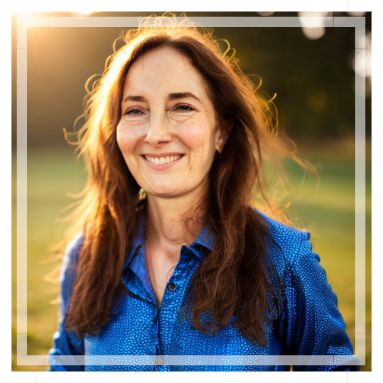
Addiction Counselor
Carolyn AlRoy, Psy.D.
Licensed Psychologist
60 West 13th St., Suite A, New York, New York 10011 | 3473063454
Overall, I treat addiction much like I would treat any other crisis. I would do addiction assessment to make sure I'm the right person to treat you. I'd identify triggers, what makes you more likely to repeat the addictive behavior. I can work with substance use and sex addiction. My general belief is that addiction is a way that people avoid dealing with other people and their problems. It can be a learned behavior. In order to stop doing the offensive behavior, it is important to focus on what you do want to do. This is the process of recovery, and I will do my best to facilitate this.
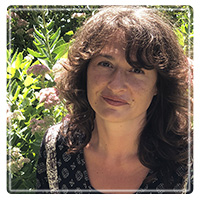
Addiction Counselor
Rebecca Mitchell, LCSW, MSEd, SIFI
Psychotherapist
653 East 14th Street, New York, New York 10009 | 646-245-5278
Drugs, alcohol, sex, gambling, love, food, netflix etc. WORK! You would not use them to survive feelings that are otherwise unbearable, if they didn't. Unfortunately, there is simply never enough, or the consequences become dangerous and/or intolerable. Eventually the feelings of neglect, isolation, alienation, paranoia and loneliness return. Treatment for addiction will allow you to accept your feelings and your past so that you can regain control over your life and choices, heal relationships, and restore your sense of esteem, dignity and agency.
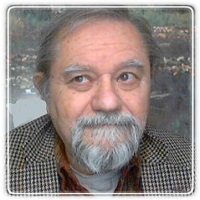
Addiction Counselor
Gerald Schoenewolf, Ph.D.
Licensed Psychoanalyst
99 E 7th Street, New York, New York 10009 | 347-712-1752
There are all kinds of addictions, from substance abuse to internet pornography. In each case, the bottom line is that a person is dealing with feelings of depression, anger or anxiety in a destructive way. They drink, gamble or look at pornography whenever they feel stress, but do not face the feelings that are causing the stress and work through them. I encourage addicts to make use of 12-step programs in combination with psychotherapy. When they stop denying and commit themselves to both, they quickly make progress.
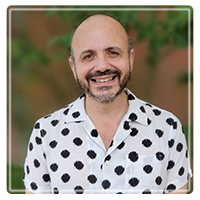
Addiction Counselor
Edgard Danielsen, PhD, LP
Licensed Psychoanalyst
302 5th Avenue, New York, New York 10001 | 347-453-1601
Sometimes consuming drugs, food, alcohol, sex, among other things soothe anxiety or satisfy emotional hunger. However, when the roots of the anxiety and emptiness are not addressed, consumption and use have a fleeting effect, leaving you at a loss and in need of consuming or using more, and the cycle continues. As a therapist, I will help you look at the roots of your addiction: together we will do the hard work of searching underneath layers of denial and understand the wounds and pain that lie at the core of your addition. There is no magical wand that would make addictions disappears, but there is caring understanding that will help you find new ways of dealing with wounds and pain.
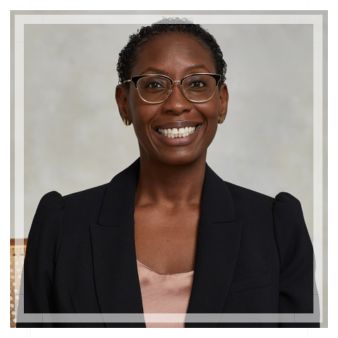
Addiction Counselor
Jessica Parlor, PhD
Licensed Psychologist
6 East 39th Street Suite 600 , New York, New York 10016 | 877-292-6020
ERP (Exposure and Response Prevention) can be adapted for addiction treatment by exposing individuals to triggers associated with substance use while preventing the typical compulsive response. Through repeated exposure to these cues, clients learn to tolerate cravings and resist the urge to use substances. ERP for addiction targets maladaptive patterns of behavior and helps individuals develop healthier coping mechanisms. By breaking the cycle of avoidance and compulsive substance use, ERP promotes long-term recovery and enhances overall well-being.

Addiction Counselor
Walter Matweychuk, Ph.D.
Licensed Psychologist
71 Park Avenue, Suite 1C, New York, New York 10016 | 212-750-2826
I show people who are misusing substances that overcoming an addiction is quite possible. I emphasize work and practice at coping skills. I first help the individual to judge only their self-defeating behavior but never to put themselves down as a person for being addicted. This helps reduce guilt, shame, anxiety and denial. We focus on developing coping skills to handle problems and change behavior. I show the individual how to develop emotional and behavioral control even when life is difficult and stressful. I teach how to increase frustration tolerance. I lay out a specific plan for coping with temptation. I build and maintain motivation for staying with the recovery process.

Addiction Counselor
Akeisha Rivera, Psy.D.
Licensed Clinical Psychologist
New York City, New York 10017 |
Addiction can be a powerful driver of actions and thoughts that can disrupt your life and those of your loved ones. As a therapist that specializes in work with couples but also works with individuals, my goal is to help you understand the roots and triggers of your addiction so that I can give you the tools to adjust and modify your behavior. When you're ready to become the best possible version of yourself, let's talk.

Addiction Counselor
Maria Sue Butler, LMFT, Supervisor State Of Florida
LMFT Diplomate, Certified of Anger management
New York 10022 | 954-391-9816
What is different about ART? Our mission is to improve the chances of staying away from illegal substances by identifying and applying successful coping skillsThe foundation of our success is a treatment approach that is rooted in professional excellence. ART thrives to empower youth and their families with the necessary skills to rebuild their lives and maintain it free of the conflict, violence, anger outburst, depression, and legal problems that addiction may cause a family to experience.

Addiction Counselor
Walter Masterson, LCSW
Psychotherapy and Counseling
321 E 69th Street, 3F, New York, New York 10021 | (646) 745-7755
This is an area of treatment where I have seen many miracles. Successfully moving beyond substance dependence and abuse is not a matter of will power and character. Addictions are very 'sticky' and nine decades of research and experience confirms that attempting to keep them in check without help does not work. Twelve step programs (AA, NA, CA, etc) are the ‘gold standard’ of recovery, and are tried and true methods of achieving lasting abstinence. I possess a strong 12 Step program background, but know it is very helpful to be introduced to recovery properly to feel at home. Come for a consultation and see what is possible.

Addiction Counselor
Susan Galperin, LCSW LCADC SAP
Psychotherapist
725 River Road Suite 102A, Edgewater, New Jersey 07020 | 201-224-3437, 201-446-4529
I am a licensed clinical social worker, licensed alcohol and drug counselor and have a sap credential. I have worked in a treatment facility, 27 years in a school district as a substance abuse coordinator and have also worked in a state prison. Through out all these years, I have worked with all populations and all addictions. There is not one approach. I tend to be eclectic. I am passionate about helping people and offer an environment that is supportive in implementing pathways to healing.
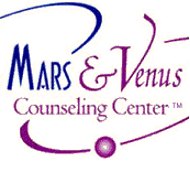
Addiction Counselor
Mars & Venus Counseling Center, LCSWs, DCSW, LPCs, LCADCs, Ph.D.
LCSWs, DCSW, LPCs, LAC, LCADCs, and Ph.D.
691 Cedar Ln, Teaneck, New Jersey 07666 | 201-692-0508
The purpose of Addiction Counseling is to help the client identify for him or herself if there is an addiction present. If this is the case, a variety of cognitive behavioral techniques are utilized as well as mindfulness exercises to help with focusing and how to cope with difficult emotions in healthy ways to become abstinent. In addition, there is a focus on stengths, and what the client has done in the past to abstain from using the substance of choice. Thus, the client can try and implement at least some of these techniques again and stay away from triggers and past negative behaviors that led to relapse. There is also focus on self-esteem building and how to prevent relapse in the future once the client is abstinent.
